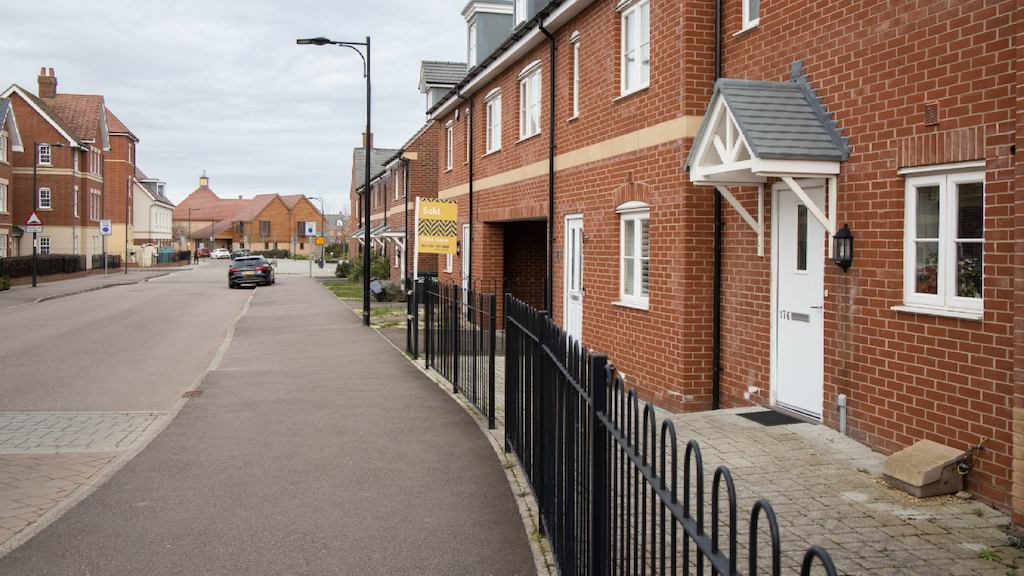When asked why they hadn’t yet made changes to the home, the majority across all tenures raised the persistent barriers of a lack of available finances and a lack of trust in tradespeople. In addition, a large number of participants, particularly those in the private rented sector, felt they lacked the agency or capability to make changes themselves and were reliant on others to commission and carry out home improvements.
Unlike most existing evidence exploring the issue of poor-quality homes within England, the Good Home Dialogue also asked the public ‘who is responsible for the quality of our homes?’. Interestingly, whilst participants acknowledged their day-to-day responsibility to maintain their home, participants felt strongly that national and local governments, landlords and housing associations should be responsible for the quality of homes in England.
Government responsibility was particularly strong when discussing home improvements that were seen as beneficial to a society as a whole, for example when making improvements for environmental reasons or with the ambition of reducing the demand on the NHS. This indicates that while there is a need to motivate individuals to make improvements through information and advice, financial products and support in hiring tradespeople, the government also have a part to play, and the Good Home Inquiry final recommendations will reflect this need for greater involvement.


